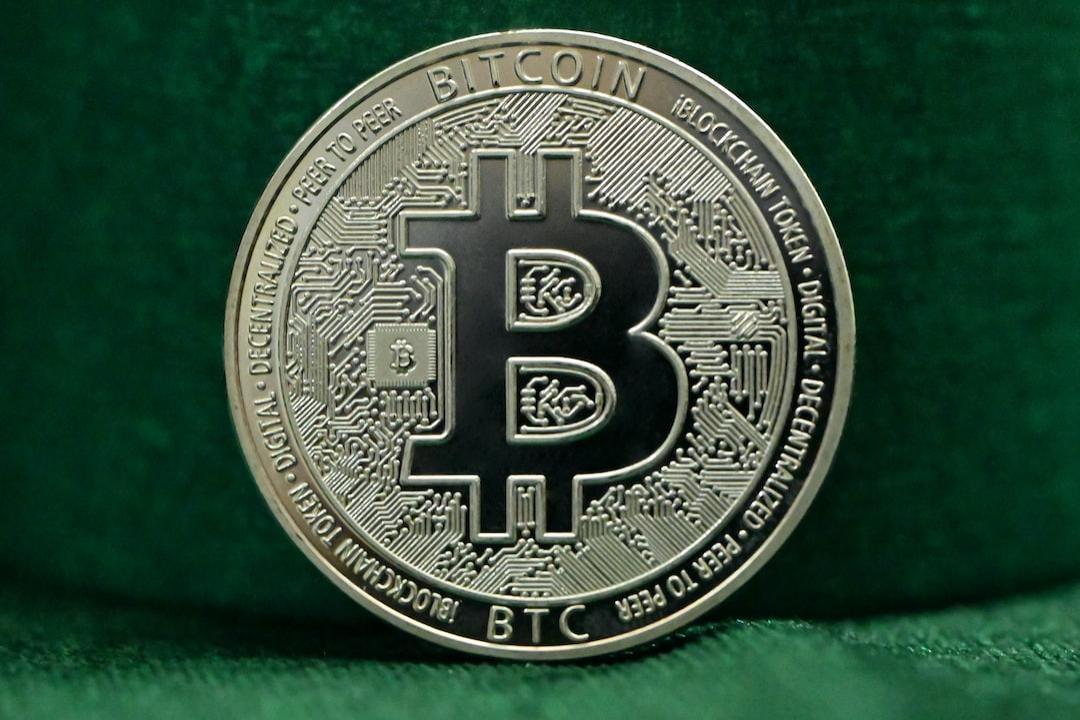A new report by Cointelegraph Research explores Coreum’s role in institutional blockchain adoption
It analyzes the project’s technical architecture, compliance framework and its potential impact on regulated asset tokenization. The report presents insights into transaction efficiency, security mechanisms, and cross-chain interoperability. It also evaluates how Coreum fits into the evolving financial landscape.
Blockchain evolution and institutional requirements
The adoption of blockchain technology by financial institutions has been increasing in lockstep, with the value locked in tokenized real-world assets (RWA). The latter grew by 85% in 2024.
Our report examines how third-generation blockchains, such as Coreum, are addressing the challenges of scalability, regulatory compliance, and interoperability. Improvements in the infrastructure on the base layer will lead to more seamless institutional adoption in the future.
Coreum is structured to support applications that require predictable transaction costs, regulatory oversight, and seamless integration with financial infrastructure. Network data indicates that Coreum achieves a transaction throughput in excess of 7,000 TPS and a time to finality of about 1.2 seconds. This positions Coreum well in a crowded and highly competitive layer-1 blockchain landscape.

Coreum integrates most of its compliance features at the protocol level, a critical factor for institutional adoption
The network includes on-chain KYC and AML monitoring in collaboration with AnChain.ai, an AI-driven compliance provider.
This is unlike conventional blockchains, where compliance tools are third-party application-layer software. Coreum puts compliance at its foundation together with real-time risk assessment and fraud detection.
Decentralized exchange (DEX) and institutional trading infrastructure
Our report also analyzes Coreum’s decentralized exchange (DEX) infrastructure. While many layer-1 blockchains rely on liquidity pools, Coreum features a built-in on-chain order book. There are important differences between the models.
Coreum’s order book DEX allows for deterministic trade execution with minimal slippage, which makes it well-suited for institutional trading strategies. In contrast, AMM-based DEXs rely on liquidity pools that sometimes lead to price inefficiencies and higher exposure to impermanent loss.
Coreum’s DEX architecture also supports high-frequency trading, with transaction processing speeds comparable to traditional financial exchanges.
A notable aspect of Coreum’s DEX is its advanced API, which enables integration with institutional trading systems. The API is designed to provide low-latency access to order book data, market execution tools, and automated trading strategies.
This infrastructure allows financial firms and market makers to integrate Coreum’s DEX into their existing trading workflows. It ensures compliance with industry standards and benefits from blockchain-based settlement efficiencies.

Interoperability and network connectivity
Coreum’s interoperability strategy includes connections with the XRP Ledger (XRPL) and the Cosmos/IBC network. These integrations enable cross-chain liquidity and asset transfers, which creates support for financial applications that require seamless movement between blockchain ecosystems.
This integration allows institutional users to leverage XRPL’s efficiency in payments and Cosmos’ modular interoperability framework with over 100 connected chains. The ability to interact with multiple networks without sacrificing security or compliance aligns with institutional requirements for blockchain adoption.
Conclusion
Networks designed for institutional adoption will need to address compliance, scalability and interoperability challenges. Coreum’s technical structure and regulatory considerations provide a case study for how blockchain networks may evolve to meet these requirements.
With its deterministic fee structure, built-in compliance framework and high-speed trading infrastructure, Coreum represents an example of how third-generation blockchains are positioning themselves at the intersection of crypto and regulated financial markets.
Disclaimer
This article does not contain investment advice or recommendations. Every investment and trading move involves risk, and readers should conduct their own research when making a decision.
This article is for general information purposes and is not intended to be and should not be taken as legal or investment advice. The views, thoughts, and opinions expressed here are the author’s alone and do not necessarily reflect or represent the views and opinions of Cointelegraph.
Cointelegraph does not endorse the content of this article nor any product mentioned herein. Readers should do their own research before taking any action related to any product or company mentioned and carry full responsibility for their decisions.

